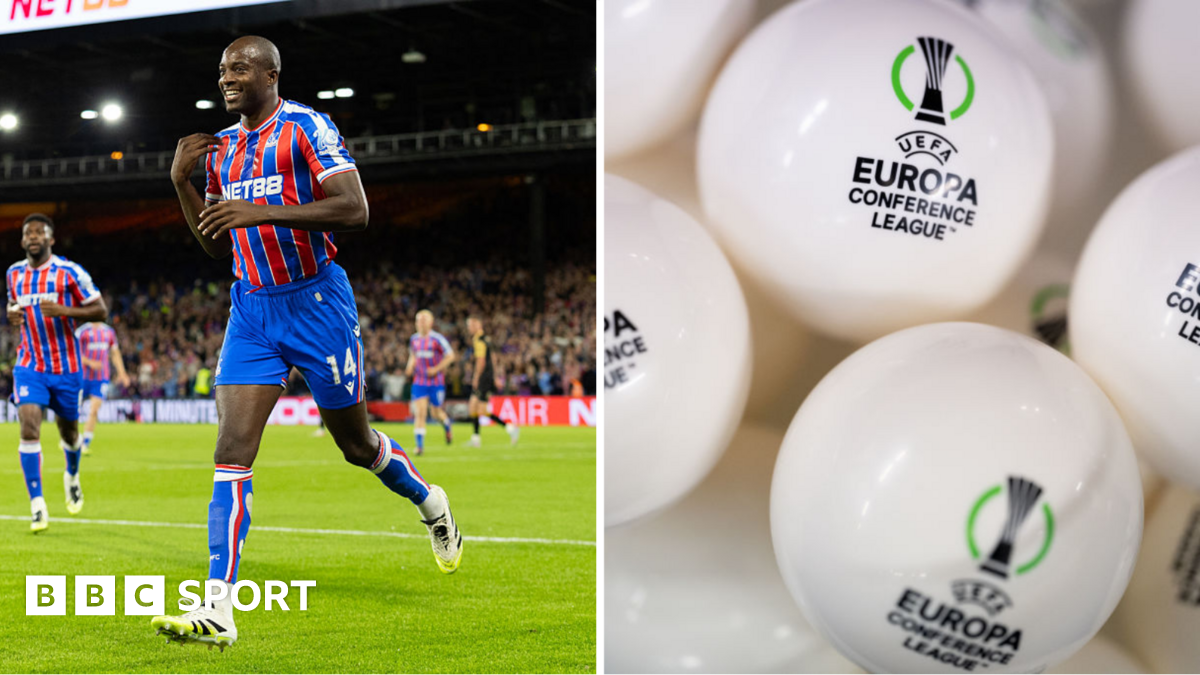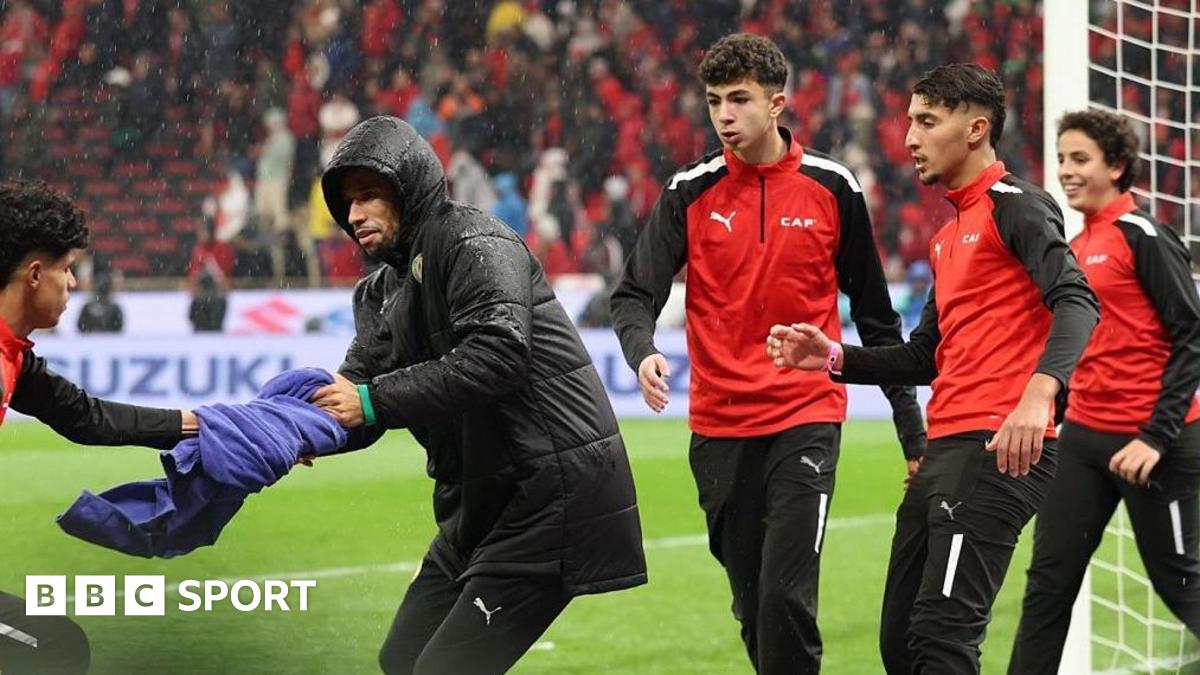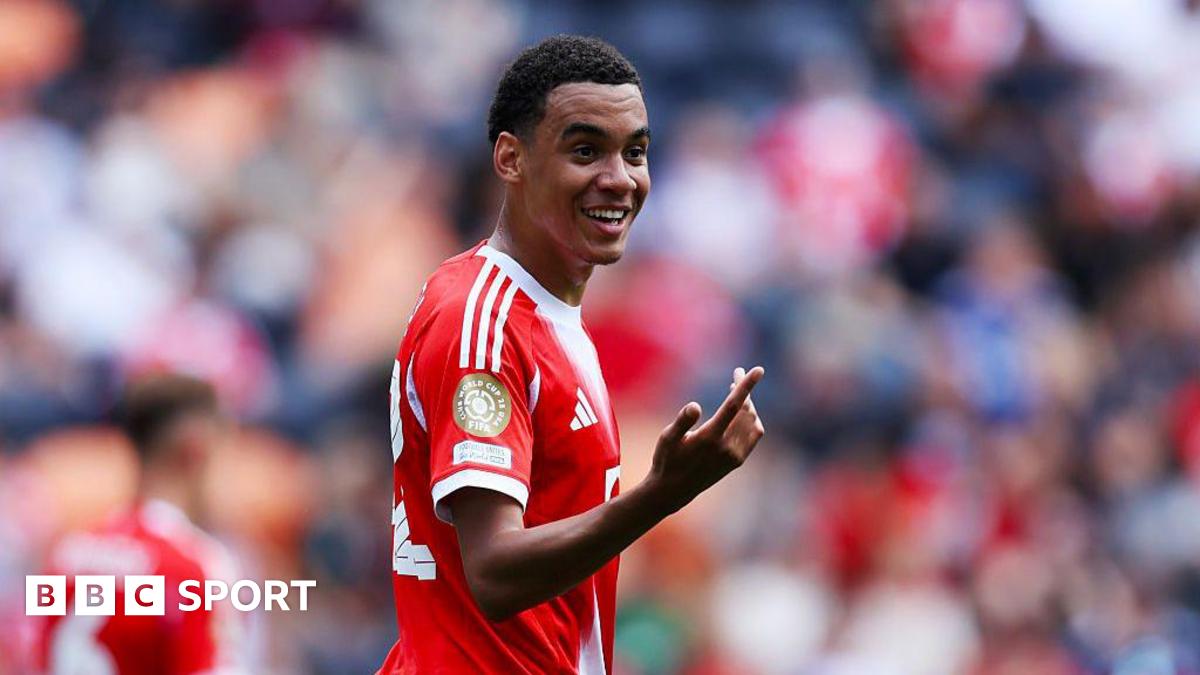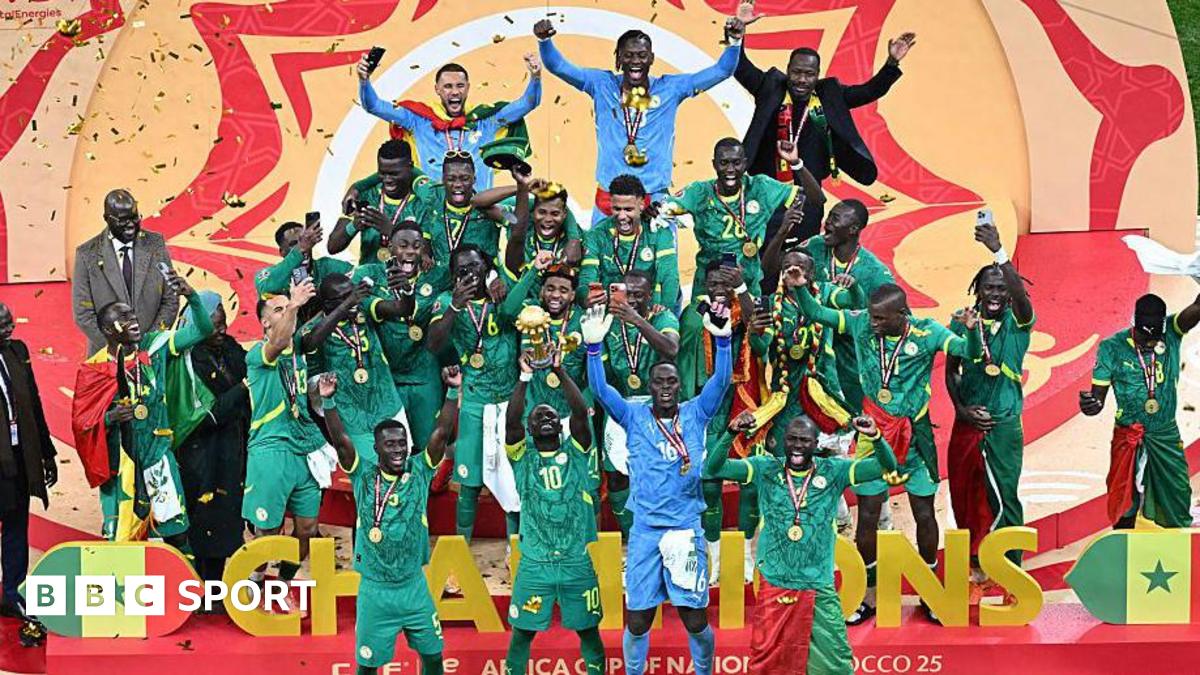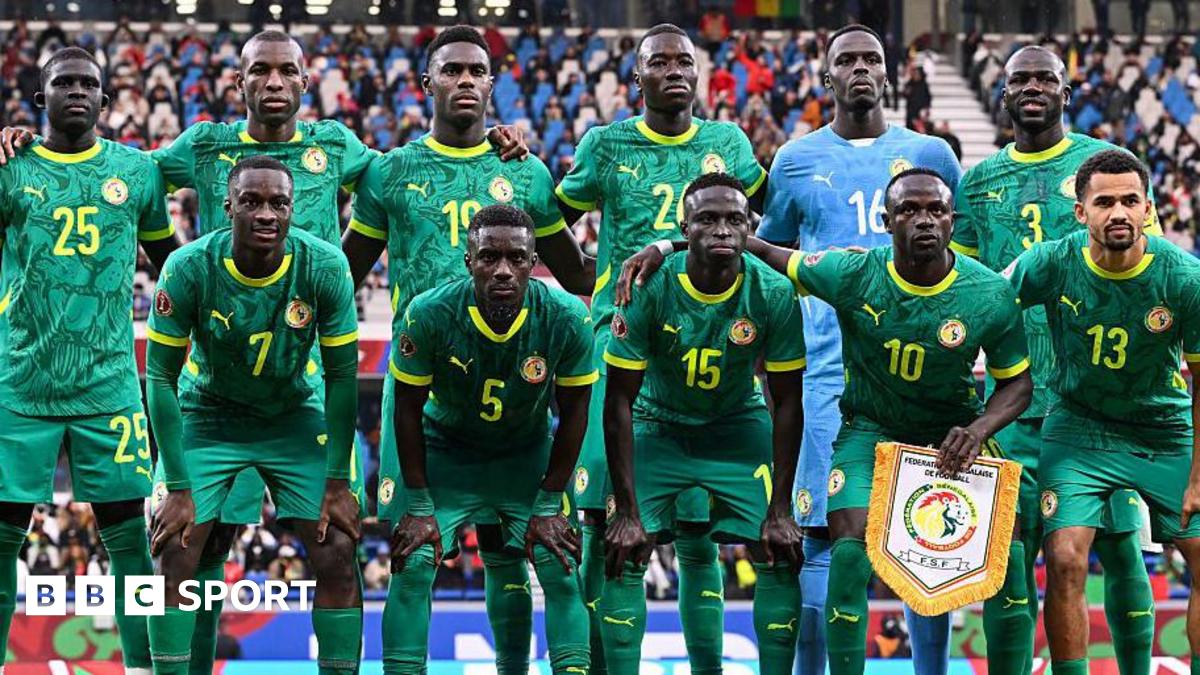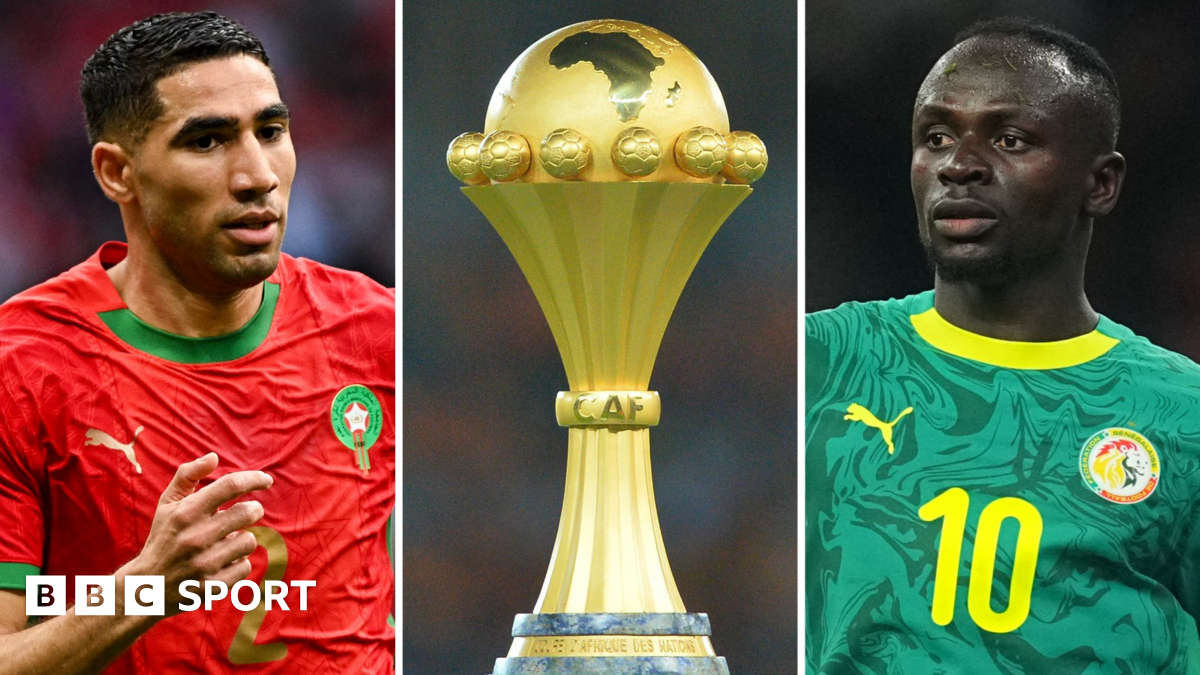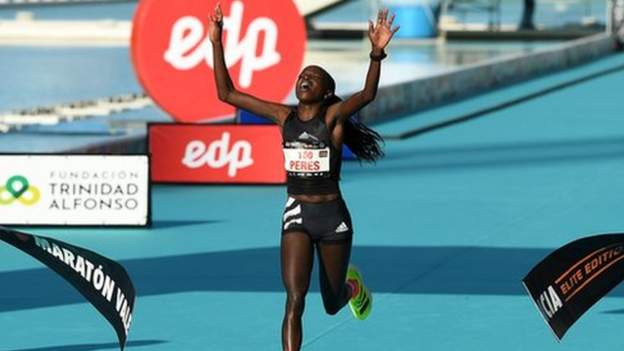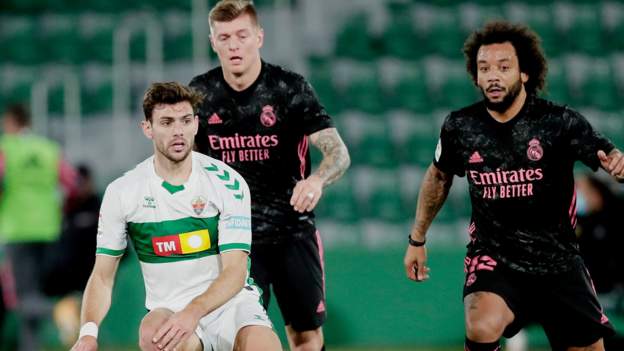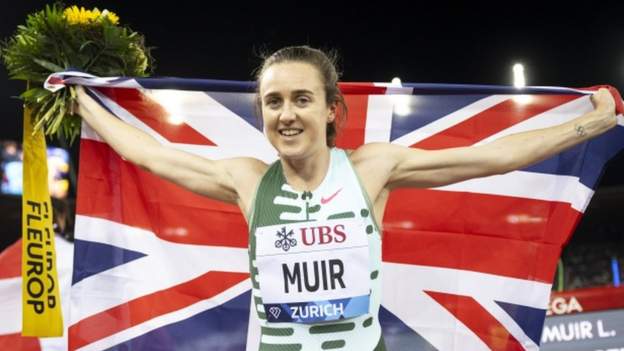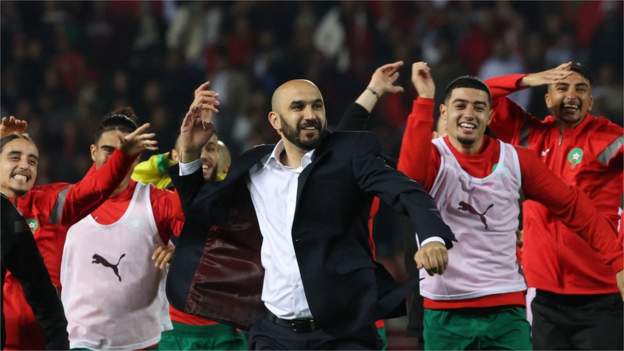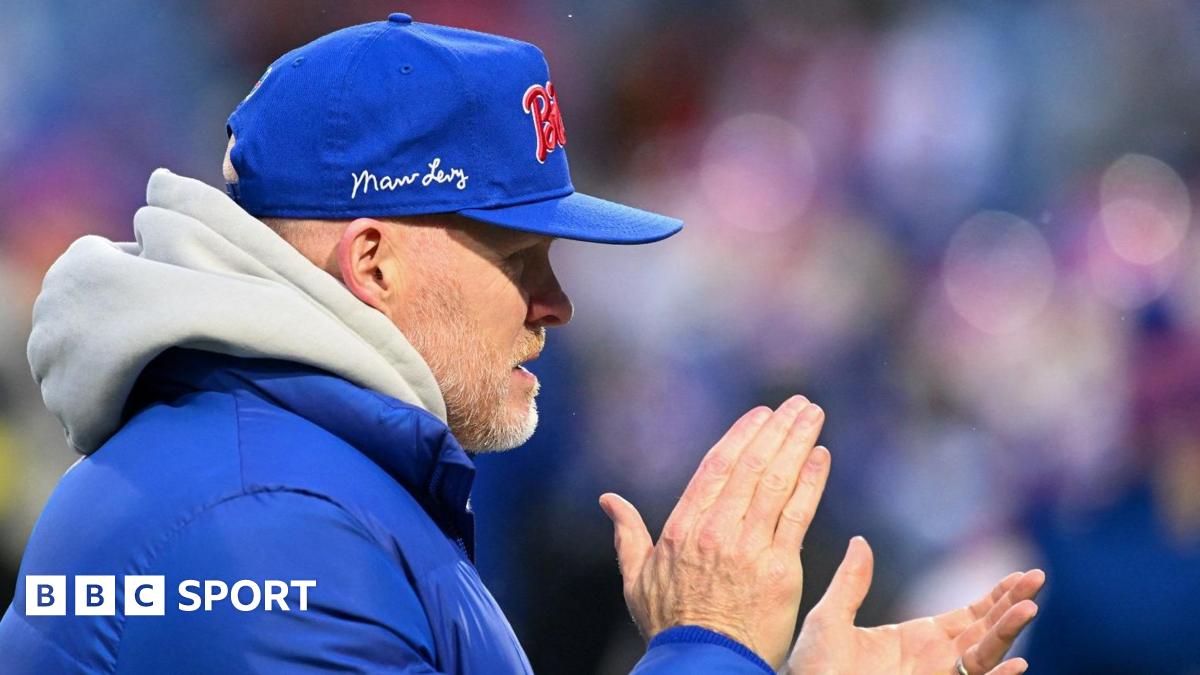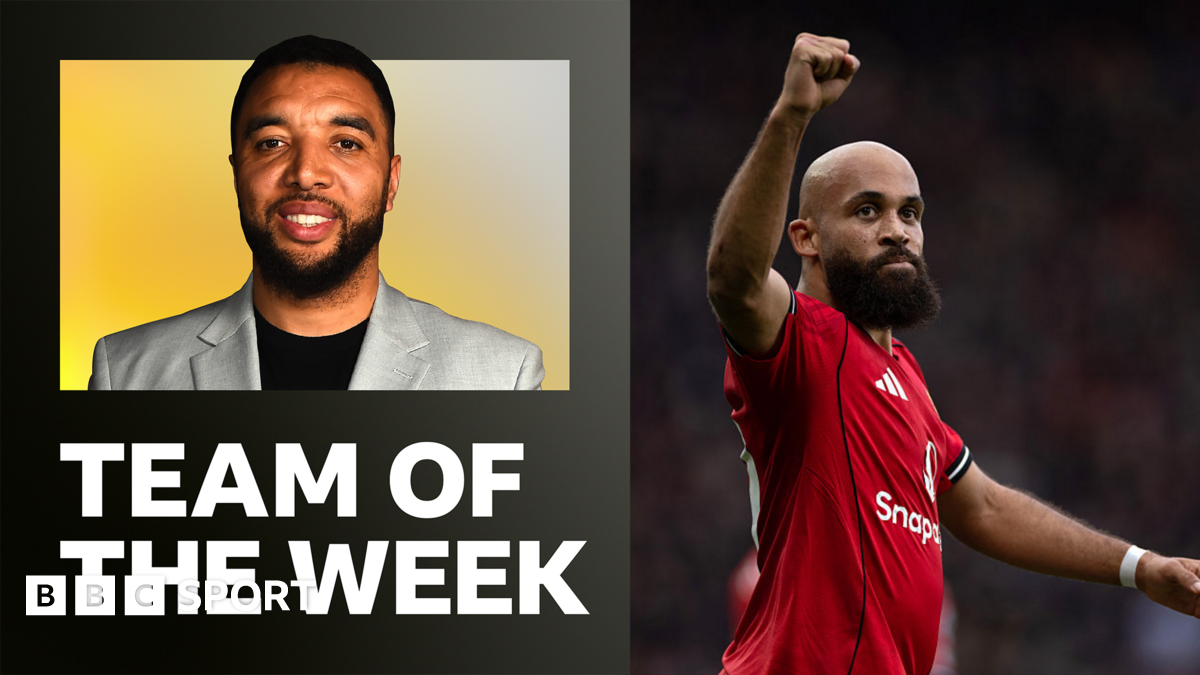How does one begin to sum up this year?
We said goodbye to 2019 with massive hopes that 2020 will be a year of big sporting moments – as the Olympic Games, Africa Women’s Cup of Nations and Uefa men’s Euros beckoned.
But then the coronavirus pandemic happened. Every facet of life – including sport – came to unexpected halt. And as competitions were cancelled, jobs were lost and salaries cut, it was women’s sport that was hit particularly hard.
When measures were put in place to allow some elite sports return, women’s sport was often not considered “elite” enough.
But in spite of these setbacks, these African women’s sport and female sports personalities recorded some wins in 2020 – so let’s dive in:
Football
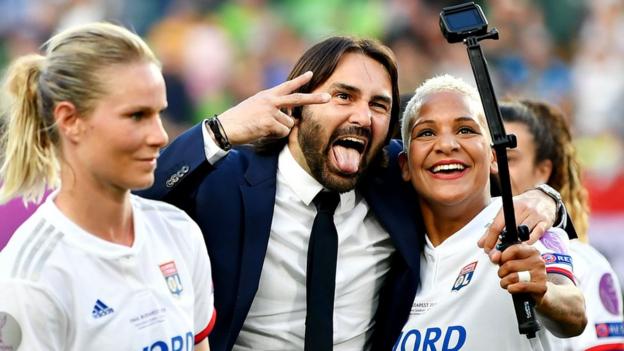
Despite the cancellation of the 2020 Africa Women’s Cup of Nations due to Covid-19, funding was made available to all 56 African member associations to help with the development of the game.
Football’s governing body Fifa sent a million dollars each to African federations specifically for women’s football.
And the cancellation led to an unexpected shake-up in the running of women’s football in Africa. The first African Women’s Champions League was announced, to begin in 2021.
National team football still got some exposure with the Southern African Football Association, COSAFA, still able to hold its annual women’s tournament, resulting in South Africa and Tanzania being crowned champions at the Senior and U17 level respectively. Meanwhile friendly games and league football returned to countries such as Ghana, Morocco, Zambia and Nigeria under new Covid-19 protocols.
Perhaps the big news was African teams attracting some of the best coaches in the women’s game.
Nigeria signed American coach Randy Waldrum, who was in charge of US Women’s league club Houston Dash, while Morocco signed Reynald Pedros, who twice took Lyon to the Uefa Women’s Champions League title.
Meanwhile Cameroon created a fixed wage cap across Women’s football divisions, while South Sudan announced plans to start its premier women’s professional league in February 2021.
Tennis
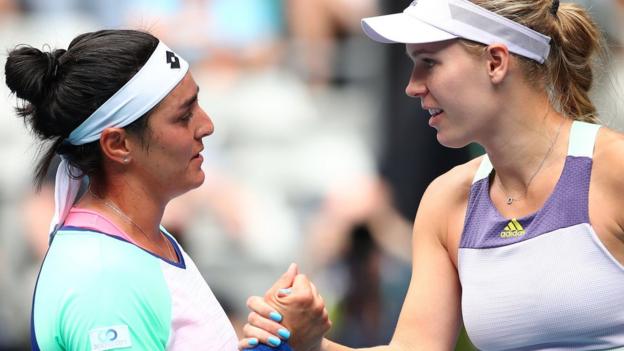
There was real excitement at the Australian Open in January when Ons Jabeur became the first north African player to reach the quarter-finals of a Grand Slam since Morocco’s Hicham Arazi at the same event in 2004.
She did so by defeating former world number one Denmark’s Caroline Wozniacki, in what was her final tennis match before retirement.
The 26-year-old also became the first African woman in the quarter-finals of a Grand Slam since South Africa’s Amanda Coetzer at the 2001 Australian Open.
While Covid-19 certainly stopped the Tunisian’s run, another African made headlines across the tennis world for her open letter to one of the sport’s top players.
In May, Algeria’s Ines Ibbou was hailed as a ”hero” by Venus Williams while earning the word “respect” from Nick Kyrgios, after posting an emotional video addressed to World No. 3 Dominic Thiem – a result of his opposition to the idea of a coronavirus relief fund for lower-ranked players, proposed by Novak Djokovic.
The Austrian had said that no lower-ranked players ”will be fighting to survive” during the Covid-19 crises, adding that some of them “don’t live in a professional manner” for him to contribute his money towards.
Reacting to this, the former ITF Junior champion said that his words were ”hurtful” – and the heartfelt message went viral, with even Algerian President Abdelmadjid Tebboune pledging support to the 21-year-old on Twitter.
Athletics
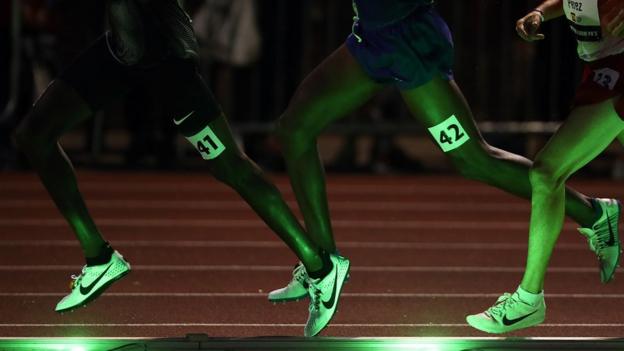
No Olympics, no problem – at least for Africa’s long-distance runners.
Kenya’s road runner Peres Jepchirchir set two half marathon world records at the World Half Marathon Championship in Poland, breaking her own record set in 2016. She also became the Valencia marathon champion, clocking a women’s course record and in the process, moving to fifth place on the all-time ranking. The 27-year-old has simply been the best this year.
In the same competition in Valencia, Ethiopian 1500 meters star and record holder Genzebe Dibaba ran 65:18 to win her half-marathon debut.
Additionally, in October, Ethiopia’s Letesenbet Gidey set a new 5000 meters world record in 14:06.62 at the Valencia World Record Day meet, breaking compatriot Tirunesh Dibaba’s 12-year-old record.
As impressive as this glut of world records is, they have come amidst controversy – both for the new types of shoe being worn and, for 22-year-old Gidey, for use of the wave light technology that indicates the pace runners need to go at.
Cricket
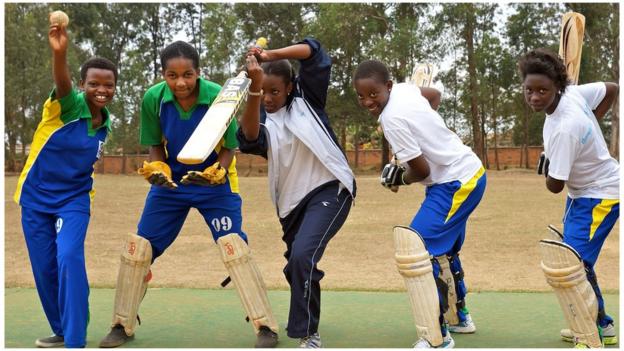
Women’s cricket in Africa was hit hard, with a number of ODIs and T20Is cancelled and rescheduled.
However, in August the International Cricket Commission (ICC) singled out Rwanda for its ”outstanding achievements” in the growth of the women’s game.
The Rwanda Cricket Association won the 100% Cricket Participation Programme of the Year as a result of its partnership with Cricket Builds Hope, a charity that uses cricket to bring about social change in rural Rwanda.
”Women’s cricket has actually developed way faster than the men’s cricket in Rwanda… a girl seeing the mother playing cricket even if it’s in a fun way, is automatically interested and now we’re having more girls pursue cricket to a very high level,” programme director and former national team captain Mary Maina told BBC Sport Africa.
In addition to the award, the ICC announced the qualification process for the Women’s T20 World Cup in South Africa in February 2023 will officially start in 2021; Botswana will host Africa’s rounds in October, with Cameroon, Namibia, Nigeria, Malawi, Mozambique, Rwanda, Sierra Leone, Tanzania, Uganda, Zimbabwe all set to compete.
Women in leadership
There were also victories for women in football as two African football club giants, Congo’s AS Vita, and Tanzania’s Simba FC, appointed Bestine Kazidi and Barbara Gonzalez as Club President and CEO respectively.
This is the first time in the history of the clubs that women have been appointed to top leadership positions.
Meanwhile the African Volleyball Confederation (CAVB) assigned former international player Bochra Hajij, the presidency of the CAVB, with the Moroccan becoming its first female president.
As the world learns to adjust to the new normal, women’s sport in Africa aims to continue thriving – as long as it is given the right amount of support.
Bring on 2021.

